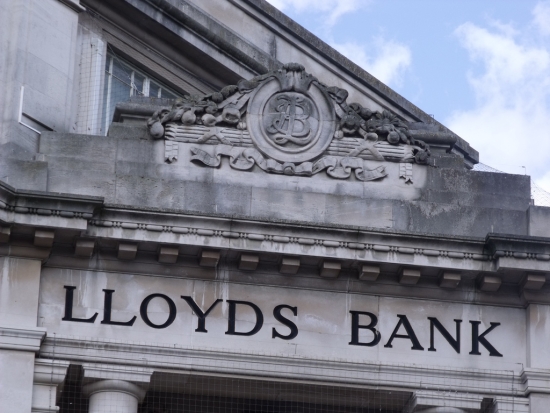The proposed sale of 632 Lloyds Banking Group branches to the Co-op will no longer go ahead, it has emerged. The Co-op backed out of negotiations earlier this week, blaming the present economic situation and increasing strictness in regulations for its decision.

Lloyds was forced to place the branches for sale, in a scheme known as Project Verde, after European Regulators judged this a fitting price for the taxpayer bailout it received at the height of the financial crisis. The original deadline for this demand was November 2013 yet, given current circumstances, it is unlikely that Lloyds will be able to achieve this.
As a result, the UK government and Lloyds will be forced to request an extension to this deadline from Brussels. In the meantime the branches concerned will operate as a stand-alone bank under the name TSB Bank, while Lloyds attempts to find a buyer through a stock market listing
The Co-op will also have to review the future of the banking element of its business, given that many upcoming plans centred round the acquirement of the 632 branches.
In a statement, Co-op chief executive Peter Marks said; “After detailed and thorough consideration of all aspects of the Verde transaction, we have decided, at this time, that it is not in the best interests of our members to proceed with this transaction.
“Against the backdrop of the current economic environment, the worsened outlook for economic growth and the increasing regulatory requirements on the financial services sector in general, the Verde transaction would not currently deliver a suitable return for our members within a reasonable timeframe and with an acceptable level of risk.”
The news will come as something of a disappointment for the Treasury, who hoped that the completion of the sale would heighten competition within the high street banking sector. It has, for some now, been backing smaller banks and building societies attempting to draw customers away from more traditional chains – meaning this announcement could be potentially embarrassing for the Government.
Had the Co-op chosen to complete the purchase, it would have become the UK’s seventh largest banking chain. Additionally, as customer accounts held within the 632 branches would also have been taken over by the Co-op, around 5 per cent of the UK’s personal current accounts and mortgages would have fallen under its control.
A Treasury spokesman refused to comment on the issue, claiming it was “a commercial matter” – yet wished to highlight the Government’s ongoing commitment to backing “challenger” banks competing with larger high street rivals.
Do you think an increase in competition in the financial services sector would allow larger chains to boost lending for small businesses once more – and if so, do you believe that the Co-op’s move earlier this week has thrown a spanner in the works for any potential increase in high street banking competition?
Previous Post
Stoke Central Business District Moves a Step Closer